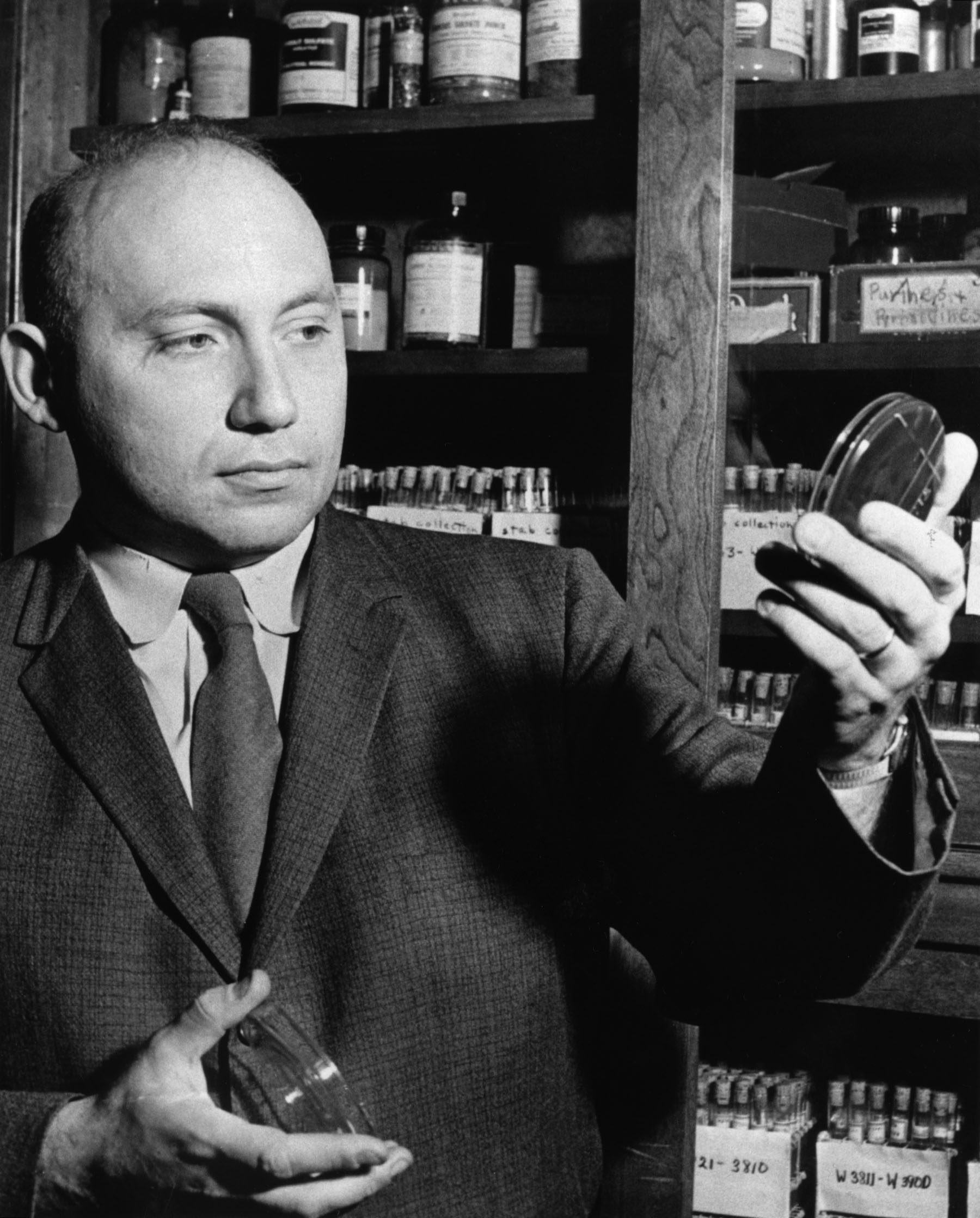I
am Malala is a true story about a Muslim girl who stood up for her right to
education in Swat Valley, Pakistan. On October 9th, 2012 Malala was
shot in the head on her way home from school by Taliban gunmen who opposed
girls attending school. At this time she was 15 years old. Almost exactly one
year later she published her first book. At age 16, she became the youngest
candidate to win the Global Peace Prize. Malala now is age 17, living in
Birmingham, England. Malala continues to fight for women rights and education
in Pakistan.
I attended
a Go Big Read Event where we discussed key points in the book, as well as how
they relate to our society in the United States. I really enjoyed the book and
was enlightened to hear others perspectives. We all practice different
religions which resulted in us all seeing the book through different lenses. There
was multiple main topics but because of our different backgrounds we all saw a
different overall focus. I saw religion, some saw war, and others saw
education. I think I was fixed on religion because it seemed like religion was
where the problem grew from. The Taliban and extreme Muslims think women are
too afraid to go to school, and should be hidden at all times. They think this because
in some parts of their holy text, the Quran, can imply such things. More
modern Muslims do not see these implications and think women should have equal
rights, which the Taliban does not like.
What interested me the most on our
discussion was when we talked about the Co. Author Christina Lamb. We all
agreed that the way Malala spoke combined with her analogies resembled a lot of
Western ideas. She mentioned Betty Crocker and Twilight in a few parts of her
book. In the book we learn that Malala
is very poor and could barely pay for books for class. Could she spend money
watching a movie but not buying books? Is this Malala really talking? Or is the
Co Author and editors adding material to appeal to our western eye? I am not a
skeptic person but I enjoyed hearing this point other women in our discussion
brought up. Whether it is edited for our western view or not, through media and
technology this book allowed us to see what is going on in another part of the
world, and the help these children need.


